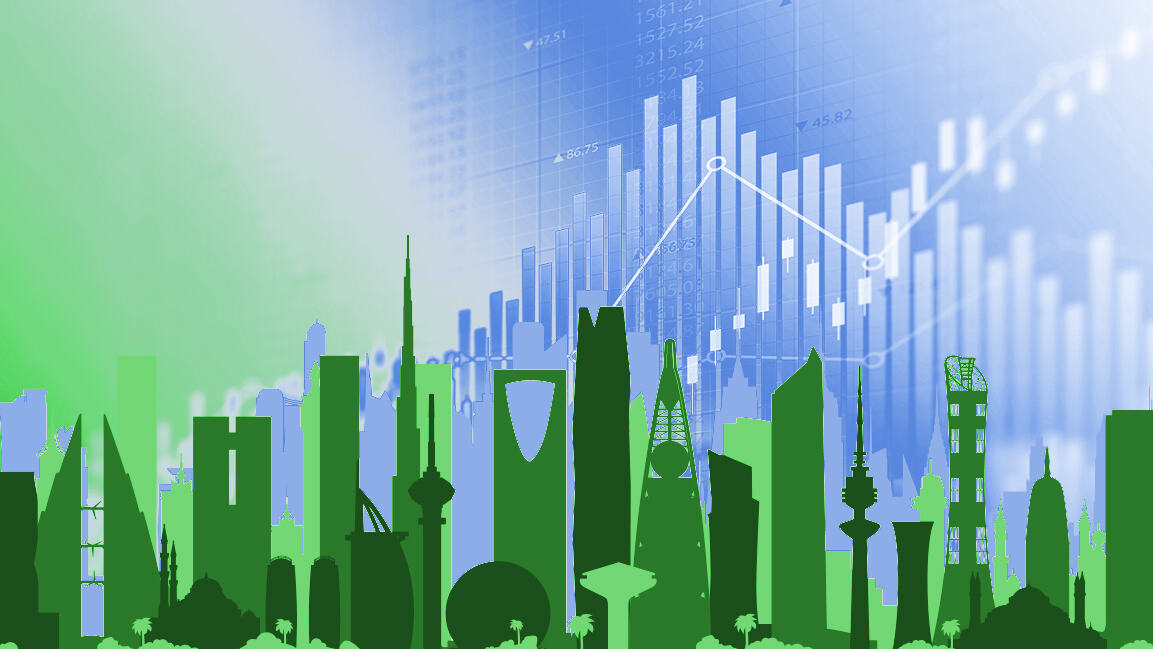- | 11:00 am
MENAAP economies to grow 2.8% in 2025, says World Bank
The World Bank warned that political instability, financial conditions, and labor market challenges threaten the region’s outlook.

The World Bank has revised its outlook for the Middle East, North Africa, Afghanistan, and Pakistan (MENAAP), raising its 2025 forecast while lowering projections for 2026 amid persistent global and regional challenges, Reuters reported.
Regional GDP is now expected to grow by 2.8% in 2025, up from the 2.6% forecast in April. However, growth is projected to ease to 3.3% in 2026, down from earlier estimates, reflecting continued global uncertainty, shifts in trade policy, and ongoing conflict and displacement.
The 2025 upgrade is largely driven by stronger-than-expected performance in Gulf Cooperation Council (GCC) economies, supported by the faster phasing out of voluntary oil production cuts and steady growth in non-oil sectors. Oil-importing countries are also expected to benefit from stronger private spending, higher investment, and recoveries in agriculture and tourism.
In contrast, developing oil exporters are experiencing a sharp slowdown, weighed down by conflict-related disruptions and weaker oil output. The World Bank also noted a significant deterioration in Iran’s outlook, projecting the economy to contract by 1.7% this year and by 2.8% in 2026—a reversal from the 0.7% growth forecast in April.
Alongside its growth projections, the World Bank underscored persistent structural challenges in its latest report, Jobs and Women: Untapped Talent, Unrealized Growth. The study emphasizes that unlocking women’s participation in the labor force—currently the lowest globally, at just one in five—could yield substantial economic gains.
“I urge bold action—not partial measures,” said Ousmane Dione, World Bank Vice President for the MENAAP region. “To unlock the full potential of women in the region, we must tackle every barrier to their inclusion with comprehensive measures. A vibrant private sector that creates jobs and transforms aspirations is key to real progress.”
Roberta Gatti, the World Bank’s Chief Economist for MENAAP, noted that higher female labor participation could raise GDP per capita by 20% to 30% in economies such as Egypt, Jordan, and Pakistan.
The World Bank cautioned that despite the positive outlook in parts of the region, political instability, tightening global financial conditions, and unresolved structural labor market constraints continue to pose significant risks to medium-term growth.































